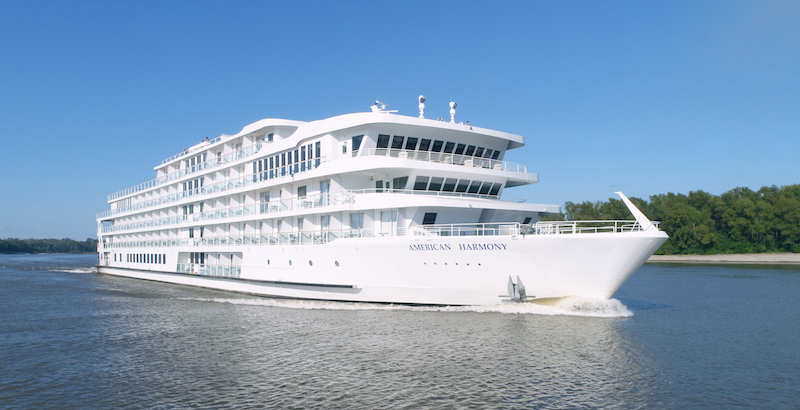The economic damage for the U.S. passenger vessel industry from the coronavirus will be between $2 billion and $3 billion, Passenger Vessel Association (PVA) preliminary estimates show.
PVA, which has asked that the industry be included in the Trump administration’s relief plans, represents 350 passenger vessel operators with about 1,600 vessels who employ thousands of U.S. citizens. The passenger vessel industry face months of little or no revenue.
The trade association, which is still tallying survey results, asked members to estimate their losses in revenue and jobs assuming that they were closed from March 1 to Labor Day. Many have already shut down and laid off workers. Passenger vessel operators are trying to adjust restart dates as the virus continues to spread both physical and economic harm.
American Queen Steamboat Co. on Wednesday extended its suspension of operations through May 16, a month past the April 12 date they originally set to resume service on the rivers. The company has three vessels and a fourth, American Countess, was to be christened in New Orleans April 4.
“Rest assured that our team has the financial resources and resolve to face the inevitable challenges that lie ahead,” said American Queen CEO John Waggoner, in a video message. “I encourage you to join our team’s optimism surrounding the recovery period ... and above all else, do not lose faith that this, too, shall pass.”
American Cruise Lines (ACL), the largest U.S.-flag overnight operator with 12 ships, has halted sailings through April 30. The third in its modern riverboat series, American Jazz, is on schedule to debut later this year in New Orleans. “This is an exceptionally difficult time for sure,” said Charles Robertson, CEO of ACL, which has two more new ships due for delivery in 2021. But, he said, “our outlook is still positive,” emphasizing the advantage of sailing small ships close-to-home. Late last month, long before the U.S. outbreak worsened, ACL said it had the strongest start to a key booking season in the company’s history, reflecting growing demand for small ship cruising.
UnCruise Adventures, Seattle, said it’s monitoring the situation daily “and even hourly to determine adjustments to scheduling. ... Foremost in navigating these ‘course changes’ are guest and crew safety.” The company cancelled a number of Alaska and Hawaiian Islands cruises through early May.
The Senate passed a $2 trillion emergency aid stimulus proposal late last night and the House will vote on it tomorrow. The bill offered some hope.
“There is a provision for small businesses allowing for emergency loans of up to $10 million, and whatever portion you devote to payroll, that’s forgiven,” said Ed Welch, PVA’s legislative director, who was poring over the legislation.
Also included was a $450 billion Treasury Department fund for loans and loan guarantees for economically distressed businesses and a $25 billion fund for public transit, which could help operators such as the Staten Island Ferry and Washington State Ferries.




